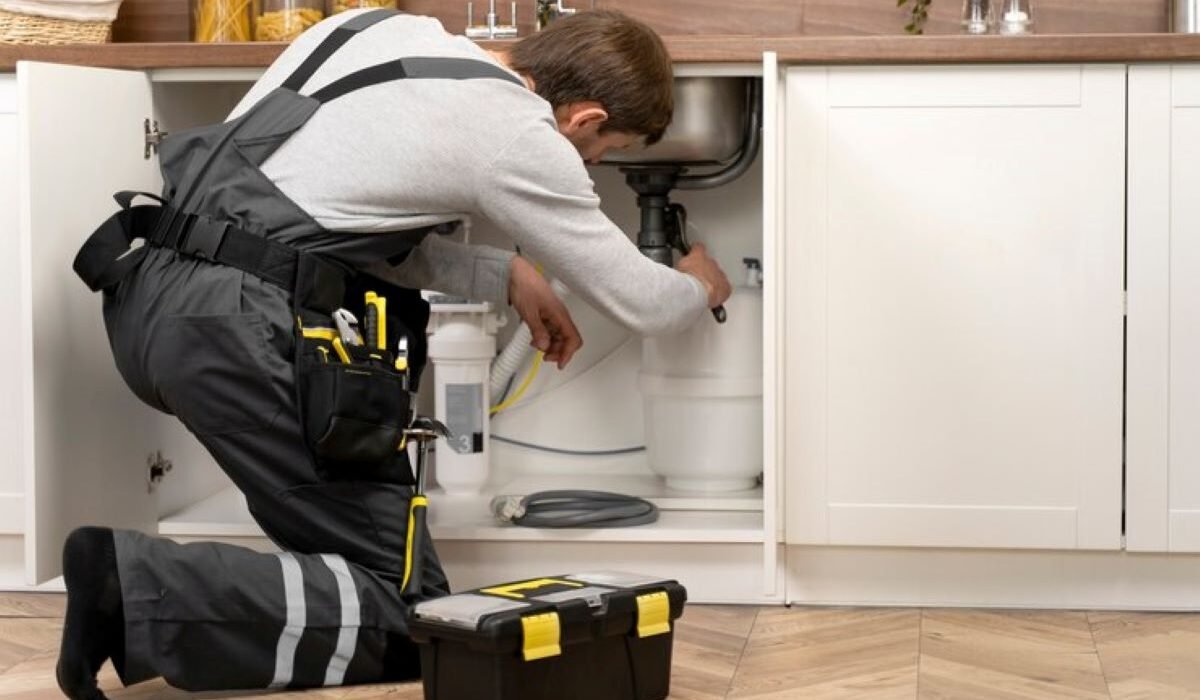In the vibrant tapestry of factory living spaces, embracing diversity extends beyond the production floor to the accommodations provided for families and bachelor residents. This blog post delves into the intricacies of Furniture Repair and Maintenance in Factory Family Resident Colonies and Bachelor Hostels. Guided by the strategic oversight of General Administration, these tailored repair solutions not only ensure the longevity of furniture but also contribute to fostering harmony and efficiency in diverse living environments.
Understanding the Dynamics: Furniture Repair and Maintenance for Varied Living Spaces
Versatility in Furniture Design
Factory Family Resident Colonies and Bachelor Hostels often house residents with diverse needs and preferences. General Administration acknowledges this diversity and works closely with furniture designers to ensure versatility in design. From durable family-friendly furniture in residential colonies to modular and space-efficient pieces in bachelor hostels, the versatility in design becomes the foundation for effective and targeted repair solutions.
Varied Lifestyles, Varied Repairs
The lifestyles of families and bachelor residents differ significantly, leading to varying wear and tear on furniture. Understanding these differences is crucial in tailoring repair solutions. General Administration plays a pivotal role in conducting lifestyle assessments, identifying common issues, and implementing repair strategies that address the specific needs of each living space, ensuring that repairs align with the residents’ unique requirements.
Family Resident Colonies: Nurturing Comfort and Longevity
Child-Friendly Furniture Solutions
In family-resident colonies, the presence of children adds a layer of consideration in furniture design and repair. General Administration collaborates with furniture designers to create child-friendly solutions that prioritize safety and durability. Repair initiatives may include reinforcing furniture joints, using child-safe materials, and promptly addressing any damages that could pose risks to young residents.
Comprehensive Upholstery Care
Family living spaces often feature upholstered furniture that requires special care. General Administration oversees comprehensive upholstery care programs, which may include regular cleaning, fabric protection treatments, and prompt repairs for tears or stains. This proactive approach not only preserves the aesthetic appeal of furniture but also contributes to a clean and comfortable living environment for families.
Bachelor Hostels: Efficiency and Ergonomics at the Core
Modular and Space-Efficient Designs
In bachelor hostels, where space is often at a premium, General Administration collaborates with furniture designers to implement modular and space-efficient designs. Repair solutions are tailored to address issues specific to these designs, such as adjustable components, easy disassembly for maintenance, and strategic storage solutions. This ensures that bachelor residents can maximize their living spaces without compromising on comfort.
Ergonomic Furniture Repair Initiatives
Efficiency is paramount in bachelor hostels, and ergonomic furniture is a key component. General Administration oversees repair initiatives that focus on maintaining the ergonomic features of chairs, desks, and workstations. This may include adjusting seating heights, replacing worn-out ergonomic components, and addressing any issues that could impact the efficiency and well-being of bachelor residents.
Strategic Planning: Coordinating Repair Schedules and Resources
Establishing Tailored Repair Schedules
Recognizing the diverse needs of family colonies and bachelor hostels, the General Administration establishes tailored repair schedules. These schedules take into account the usage patterns, lifestyle dynamics, and common issues prevalent in each living space. By coordinating repair efforts based on these factors, the General Administration ensures that resources are optimally allocated to address the unique requirements of each residential setting.
Proactive Resource Management
Effective repair solutions require proactive resource management. General Administration collaborates with maintenance teams to ensure that necessary tools, materials, and skilled personnel are readily available. This proactive approach not only minimizes downtime for residents but also contributes to the efficient execution of repairs, fostering an environment where furniture longevity and resident satisfaction go hand in hand.
Sustainability Initiatives: Balancing Longevity and Environmental Responsibility
Refurbishment and Upcycling Programs
In both family resident colonies and bachelor hostels, General Administration embraces sustainability initiatives in furniture repair. Refurbishment and upcycling programs are implemented to extend the life of furniture components. Rather than discarding worn-out pieces, these initiatives facilitate repairs, replacements, or creative adaptations, aligning with environmental responsibility while maintaining the functionality of furniture.
Community Engagement for Responsible Disposal
When furniture reaches the end of its useful life, General Administration engages with residents in responsible disposal practices. Community involvement in recycling or donating old furniture promotes a sense of responsibility among residents. General Administration takes the lead in coordinating these initiatives, contributing to a harmonious living environment where sustainability and community engagement coexist.
Conclusion: Nurturing Unity Through Strategic Furniture Repair
In conclusion, the harmonious coexistence of family resident colonies and bachelor hostels is significantly influenced by strategic Furniture Repair and Maintenance. Guided by General Administration, these tailored repair solutions recognize the diverse needs of each living space, fostering unity, comfort, and efficiency. By understanding the dynamics, implementing versatile designs, and prioritizing sustainability, General Administration plays a crucial role in creating living environments where furniture longevity contributes to the overall well-being and satisfaction of residents. In this way, the repair and maintenance of furniture become not just a functional necessity but a cornerstone of a harmonious and diverse factory community.












